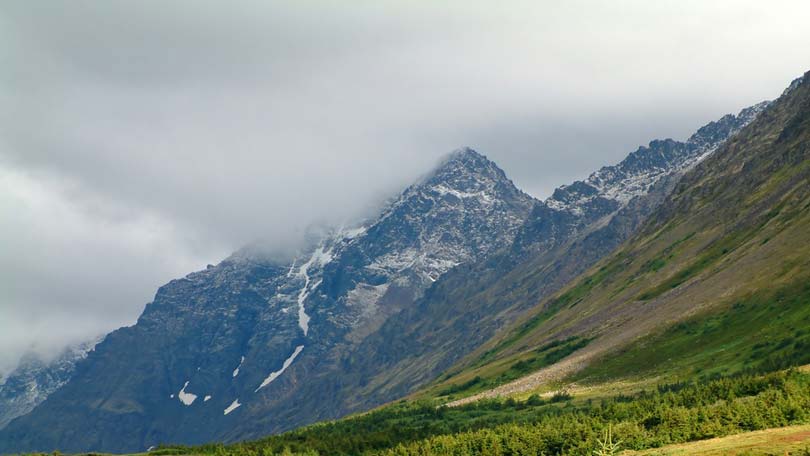
What would you do if you had to survive without food? Imagine any number of scenarios where such a situation might occur, whether they involve being stranded in the wilderness or finding yourself homeless and out of money. Food is something we tend to take for granted. Consider that millions of people in impoverished countries around the world are faced with not being able to enjoy a meal on a day to day basis.
Existing without food could be a harsh wake-up call for those of us in more privileged countries, even for the aforementioned middle-class person. We live in a part of the world that has the highest standard of living anywhere on Earth. But consider that it would just take one significant natural disaster to instantly turn a homeowner into a displaced citizen, far removed from the individual’s comfort zone.
What would you do if you were trapped in your car at the moment a disaster strikes — with no food or even enough gas to get to a shelter (provided the local shelters were even in operation)? Needless to say, your options would be limited, and you may find yourself in a situation where you would have no choice but to survive without food for a period of time.
Physicians have indicated that in order for a person to survive without having a meal, they would need to endure some sort of mental transition in advance to be prepared for survival. Medical experts have explained that individuals would need to have a strong desire for survival in the midst of starvation in order to overcome the situation. A person who resigns himself/herself to death as an easy way out of the starvation dilemma will likely die much faster than the one who is committed to surviving the famine. Once this survival message is communicated through the brain, an individual can actually go on for days without feeling the effects of starvation.
But obviously, existing without food is more than simply a state of mind. It can also depend on the person’s physical well-being and the desire to get out of their situation alive. Other factors for survival without food include both the hydration or dehydration levels in individual in question. If you have water and a certain amount of physical stamina, you can survive for many days without food. In fact, you may be able to go as long as 60 days, depending on your specific situation and a number of factors. Without water, this figure could naturally be greatly reduced. Living without food could actually become quite dangerous in a week’s time.
Climate is another factor that plays into an individual’s ability to survive without food, because harsh conditions can affect a person’s ability to maintain proper bodyweight, and hydration levels. If one resides in a place that is humid year round, the individual can be subjected to a quicker level of dehydration as a result of the heat. A number of other health and genetic issues can contribute to an individual’s ability to withstand days without having a meal.
From a medical standpoint, most agree that human beings can survive for up to four to eight weeks without food, although some people in history have fasted much longer. While this is comforting to know should we be forced to do it, doctors are saying that deliberate starvation is not recommended nor is it a healthy practice. Consider that even Ghandi never fasted for more than 21 days. And even if one does manage to survive without food for a significant period of time, it does not eliminate the individual from developing health problems in the future.
For one thing, the body will experience a gradual breakdown and a number of other symptoms will develop. Mental state of mind will make you become irritable and possess low morale. Weakness and disorientation are also clear signs that you are deteriorating. Your immune system also makes a slow descent during this time.
If you are considering fasting for religious reasons, physicians will tell you that fasting for any length of time should only be carried out by those who are of good health. You should consult with your regular physician before you commence long periods of fasting.
Your ability to survive without eating has a lot to do with your body weight. In general, the more you weigh, the easier it is to survive. Reports have revealed that a person with extra body fat can last up to 25 weeks or more without eating food. This is achieved when the metabolism in an obese individual’s body supplies it with energy as it uses the generous supply of fat storage.
Metabolism is the component of our body chemistry that coverts our food into energy. If you move around slowly or get tired often after running a short distance, chances are that your metabolism is being converted at a slower rate. As we slow down, so too does our metabolism.
Essentially, water is the key to surviving without food. A few mouthfuls of water regularly will allow a person to sustain his/her body much longer. But without water, a person will not last more than 3-5 days.
